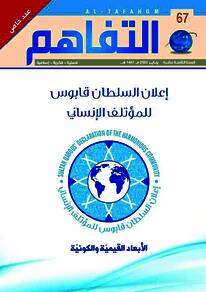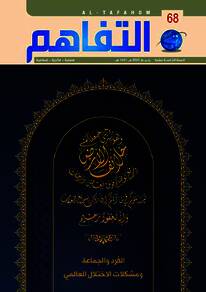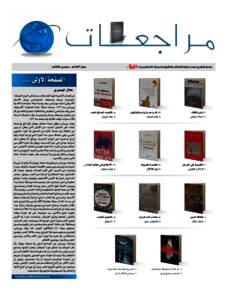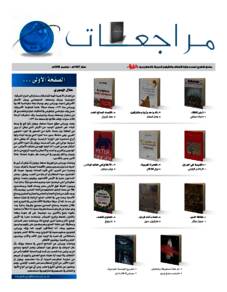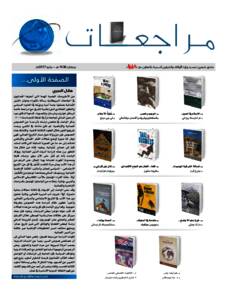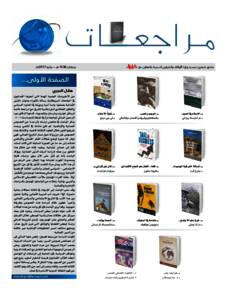Document
فلسفة الوحدة في التنوع.
Publisher
وزارة الأوقاف والشؤون الدينية.
Gregorian
2020
Language
Arabic
English abstract
In every society there are types of diversity or multiplicity; There is - for example - a diversity in science and educational level, and a diversity in social classes - such as the aristocrats or bourgeois class, the middle class, the lower class, and in the old days the slave class - and a diversity in race such as the Arab, the Kurdish, the Turkmen, the Amazigh, the Syriac and the Armenian in the Arab world, with a language specific to each of these Races - and religious and sectarian diversity such as Christian, Muslim, Buddhist, Hindu, Sikh, Catholic and Protestant - and political diversity manifested in parties and other organizations. But suppose that some types of pluralism were non-existent in one society or another, suppose that the members of a particular society were all of one race and this is almost scientifically impossible unless we deviate from the concept of society from its accepted meaning, suppose that they were all of one religion or one sect, and this It is possible if we take affiliation in its nominal sense; So let no one imagine that pluralism will disappear from society at that time. Because he . Pluralism has a solid meaning that nothing can remove, which is the numerical meaning. Thus, every society is pluralistic, whether it likes it or not, and it will always and under all circumstances remain pluralistic, whether it likes it or not, meaning that it is made up of any number of individuals. This society may be purely Arab or purely Kurdish, purely Christian or purely Muslim, purely Sunni or purely Shiite; However, this "ethnic or religious purity" will not at all remove the characteristic of pluralism from it.
Arabic abstract
في كل مجتمع أنواع من التنوع أو التعدد؛ هناك - مثلاً - تنوع في العلم والمستوى التربوي، وتنوع في الطبقات الاجتماعية - مثل طبقة الأرستقراطيين أو البورجوازيين، والطبقة الوسطى، والطبقة الدنيا، وقديماً طبقة العبيد - وتنوع في العرق كالعربي والكردي والتركماني والأمازيغي والسرياني والأرمني في العالم العربي، مع لغة خاصة بكل من هذه الأعراق - وتنوع ديني ومذهبي كالمسيحي والمسلم والبوذي والهندوسي والسيخي والكاثوليكي والبروتستانتي - وتنوع سياسي يتجلى في الأحزاب وسواها من التنظيمات. لكن هَبْ أن بعض أنواع التعددية كانت عديمة الوجود في مجتمع أو آخر، هب أن أفراد مجتمع معيّن كانوا كلهم من عرق واحد وهذا شبه مستحيل علميّاً إلا إذا انحرفنا بمفهوم المجتمع عن معناه المقبول، هب ، أنهم كانوا كلهم على دين واحد أو مذهب واحد، وهذا ممكن إذا أخذنا الانتماء بمدلوله الاسمي؛ فلا يتوهّمن أحد أن التعددية تزول إذ ذاك من المجتمع؛ لأنه . يبقى للتعددية معنى راسخ لا يمكن أن يزيله شيء، هو المعنى العددي. هكذا، كل مجتمع تعددي شاء أم أبى، وسوف يبقى على الدوام وتحت كل الظروف تعددياً شاء أم أبى بمعنى تكوّنه من أفراد أي من عدد قد يكون هذا المجتمع عربياً خالصاً أو كردياً خالصاً مسيحياً خالصاً أو مسلماً خالصاً، سنّياً خالصاً أو شيعيّاً خالصاً ؛ لكن هذا النقاء» العرقي أو الديني هذا كله مع لن يزيل عنه البتة سمة التعددية.
Member of
Same Subject
